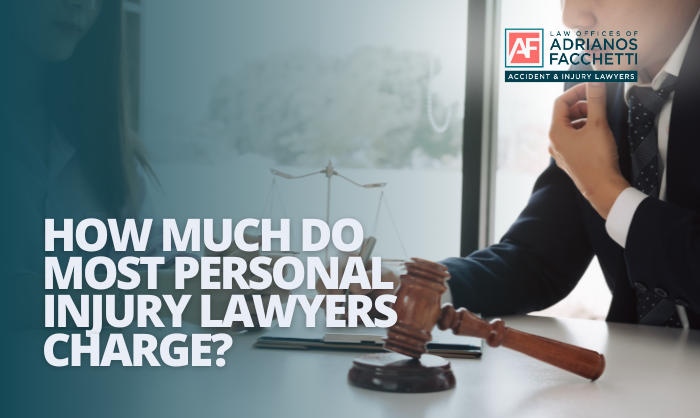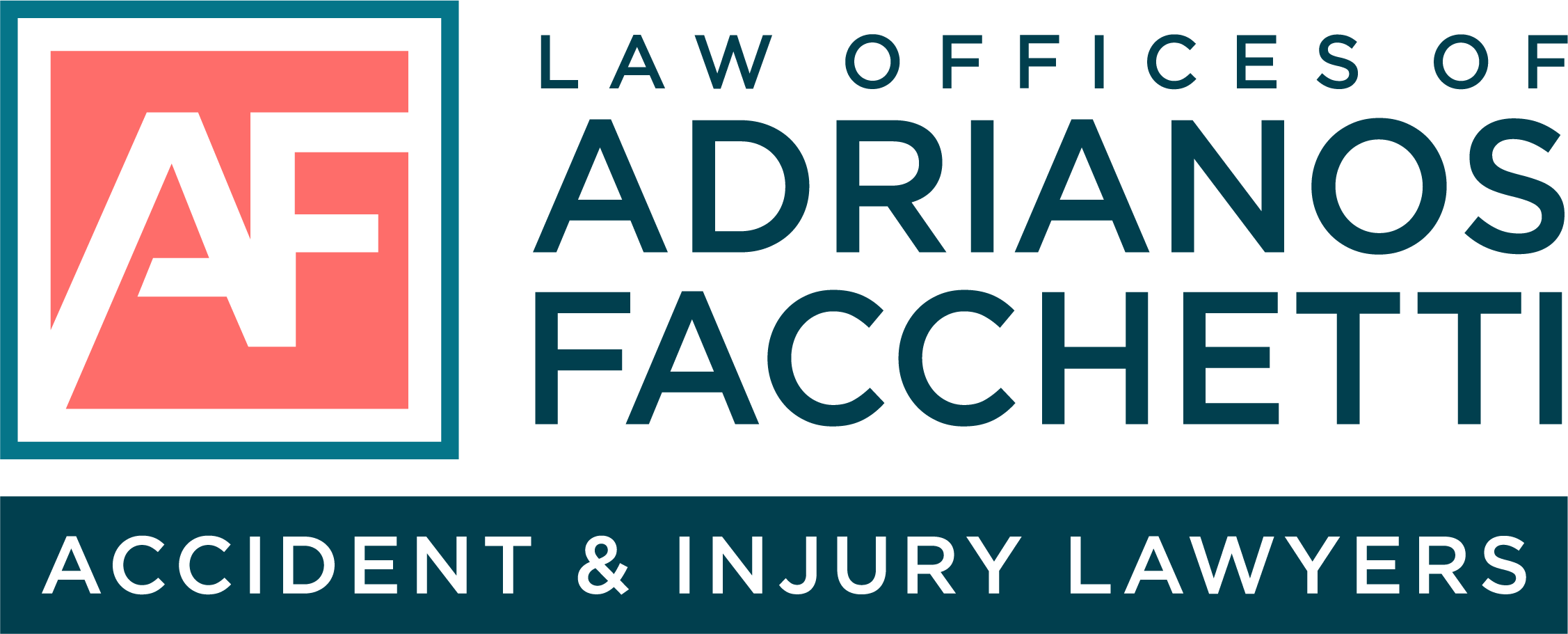You’ve been injured, you're considering legal help, and one question keeps nagging at you: “How much is this going to cost me?” It’s a fair concern, especially when the bills are already stacking up. The good news? With a Los Angeles personal injury lawyer offering a no win no fee arrangement, you typically won’t have to pay anything upfront.

Most personal injury lawyers charge what’s called a contingency fee, meaning they only get paid if you win. That fee usually falls between 30% to 40% of your settlement or award. But there’s more to it than just the percentage, especially when you factor in court costs, expert witness fees, and whether your case goes to trial.
What Is a Contingency Fee and How Does It Work?
A contingency fee means your lawyer only gets paid if your case is successful. You don’t owe legal fees upfront, and you won’t be charged hourly as your case moves forward. This type of fee structure is common in personal injury cases because it reduces financial stress when you’re already dealing with injuries or medical bills.
Most contingency fee agreements follow what’s known as the “one-third rule,” where your attorney receives about 33% of the settlement. This number can go higher up to 40% or more, if the case needs to be filed in court or proceeds to trial, because those steps require more time and resources.
It’s important to know that the contingency fee percentage is agreed upon before any work begins. You’ll have a clear understanding of the terms, so there are no surprises later on.
This type of arrangement allows you to focus on your recovery, knowing your attorney fees are tied to results, not how long your case takes.
What Percentage Do Most Lawyers Take?
Most personal injury lawyers charge between 30% and 40% of the final settlement or court award. This contingency fee percentage can vary depending on the complexity of your case and how far it progresses through the legal system.
If your case is resolved early, before filing a lawsuit, your attorney will usually take closer to 30% of the compensation. If the case is filed or goes to trial, the percentage may increase because of the added time and effort involved.
The key here is transparency. Your attorney should explain the fee basis upfront, so you know exactly what to expect at each stage. This helps you plan for any potential legal costs before deciding to move forward.
Having this structure in place means your lawyer is invested in your outcome. They only get paid when you do, and that builds a shared focus on getting you fair compensation.
When and How Do Lawyers Get Paid?
In a personal injury case, lawyers are typically paid at the end, after a settlement is reached or a court award is granted. This is part of what makes contingency arrangements helpful for clients facing medical bills or lost wages.
There’s no need to worry about upfront costs or hourly rates. The fee payment comes from your compensation, not out of your pocket while the case is ongoing. This includes the lawyer’s portion based on the contingency agreement, as well as any expenses your attorney covered during the process.
These costs may include court filing fees, records, or expert consultations. You’ll usually review a final breakdown before any money is disbursed, so everything is clear and accounted for.
This approach lets you focus on your health and the legal process, without added stress about how and when you’ll pay for legal help.
What Other Costs Might You Be Responsible For?
Even with a contingency fee agreement, there are other expenses involved in a personal injury case that you should know about. These aren't part of your lawyer’s fee, but they can affect your final settlement amount.
You might see out-of-pocket expenses like:
- Court costs and filing fees
- Medical records and document retrieval
- Investigation expenses and private investigators
- Expert witness fees and testimony preparation
- Deposition costs and administrative fees
These costs are usually paid by your lawyer during the case and reimbursed after you receive your settlement. Sometimes, they’re taken out before your lawyer’s fee is calculated. Other times, they’re deducted afterward. It’s important to ask how these will be handled upfront.
A good attorney will go over this with you before taking your case. You'll want to know whether you’re expected to repay these litigation expenses if the case doesn’t end in your favor.
Can You Negotiate a Lawyer’s Fees?
Yes, in many cases, you can discuss the attorney fee structure before signing any agreement. Not all lawyers are flexible, but it’s worth having the conversation during your initial consultation.
Some lawyers may offer a modified contingency fee or adjust their percentage based on how complex your case is. Others might be open to a partial contingency fee if you’re willing to cover certain costs yourself.
The best time to bring this up is early, before paperwork is signed. Ask direct questions about the percentage they charge, whether it's negotiable, and what that includes. Clear communication here can make a big difference later on.
Remember, this is part of building a solid attorney-client relationship. A lawyer who's transparent about fees is more likely to be transparent throughout the process.
Flat Fees vs. Hourly vs. Contingency – What's Common?
When it comes to fee basis, most personal injury lawyers work on contingency fee arrangements. That means they only get paid if you win. It’s the most common and client-friendly approach in injury law.
Some attorneys may use flat fees or hourly rates, but that’s rare in this area of law. You might see flat fee attorneys in other types of legal matters, but not often in injury cases where outcomes vary widely.
Contingency arrangements benefit clients who may not have the money to pay upfront. Flat or hourly models might work in limited situations, but they can create pressure to pay out of pocket while your case is still pending.
It’s important to understand the differences so you know what kind of commitment you're making and what’s expected of you financially.
Do Attorney Fees Affect Your Final Settlement?
Yes, attorney fees play a direct role in how much money you actually receive from your personal injury claim. Since most lawyers use a contingency fee percentage, the fee comes out of your total compensation, not in addition to it.
Your lawyer’s share is usually calculated from the full settlement amount. But before you see your final check, case-related expenses like medical records, filing fees, or expert consultations, may also be subtracted.
The timing of your settlement can also affect how much you keep. If your case settles quickly, the percentage taken might be lower. When a case goes to trial, the work involved increases and so does the fee.
Knowing how these numbers are handled gives you a better understanding of what to expect from the start. It also helps you avoid surprises when your case is resolved.
What to Look for in a Fee Agreement
Before signing anything, take time to review your attorney fee agreement. This is one of the most important legal documents you’ll see during your case. It explains how your lawyer gets paid and what other fee structures might apply.
Look out for things like:
- Unclear percentages or shifting terms
- Who pays for expenses like medical records, court costs, or expert fees
- When and how your lawyer will take their cut from your settlement
A well-written agreement should spell everything out clearly. Ask for it in writing, and don’t hesitate to bring up questions if something doesn’t feel right.
This step not only protects you but also builds a stronger attorney-client relationship built on transparency and trust.
Do You Owe Fees If You Lose the Case?
In most contingent fee cases, you won’t owe attorney fees if your case doesn’t result in compensation. This is one of the main benefits of contingency fee arrangements, the lawyer takes the financial risk with you.
That said, it’s important to ask if you’ll be responsible for other costs. Some lawyers might require you to pay for court filing or expert fees even if you lose. Others will waive those costs entirely, depending on your client’s recovery and the terms of your agreement.
This part of the legal process can vary by firm, so don’t assume it’s the same everywhere. Clarifying what happens in the event of a loss helps you plan ahead and gives you peace of mind as your case moves forward.
What Factors Can Influence the Lawyer’s Fee?
Not every case is the same, and that’s why attorney fee structures can vary. The amount a lawyer charges often depends on how much time, effort, and risk is involved in handling your case.
A few things that can influence legal costs include:
- The complexity of the case, cases involving medical malpractice or serious liability disputes usually take longer and cost more than straightforward soft-tissue injuries.
- Where your case is filed matters. Court procedures and local laws differ across jurisdictions, and firm size or a lawyer’s reputation may also affect the percentage.
- If a case requires expert input, like a court reporter or accident reconstruction, or has medical liens attached, those attorney expenses can add up and may impact what you pay from your settlement.
Understanding these factors helps you see why fees aren’t always one-size-fits-all. A good lawyer will walk you through why their rate is what it is and what you're getting in return.
FAQs About Personal Injury Lawyer Fees
If you still have questions, you're not alone. These are a few of the most common ones clients ask when navigating the personal injury law process.
Can I negotiate the fee agreement?
Yes, depending on the case and firm. It's worth asking upfront before signing any fee agreements.
Do I pay if I lose?
Most lawyers work on a contingency fee, so if there's no settlement or win, you usually don’t pay client fees but be sure to ask about other expenses.
Are there caps on attorney fees in my state?
Some states set limits on legal fees, especially in cases involving medical malpractice. Laws can vary, so it’s best to ask your attorney how the legal process works in your state.
These answers can give you a better sense of what to expect when dealing with your lawyer and the insurance company.
Make Sure You’re Clear on Fees Before You Sign Anything
Before you agree to work with any attorney, take time during the free initial consultation to ask about fees. This is your opportunity to understand how attorney fee agreements work, what the full legal documents include, and what might be deducted from your settlement.
Always ask for a breakdown of all possible charges not just the percentage, but also potential court costs, medical records, or expert fees. Knowing the perceived cost versus the actual cost helps avoid frustration later on.
If anything feels unclear, don’t hesitate to ask for clarification. You're allowed to compare attorneys and even get second opinions before making a decision.
At the Law Offices of Adrianos Facchetti, Accident & Injury Lawyers, we believe transparency is key. As one of the best personal injury attorneys in California, we make sure every client understands exactly what they're signing up for.














